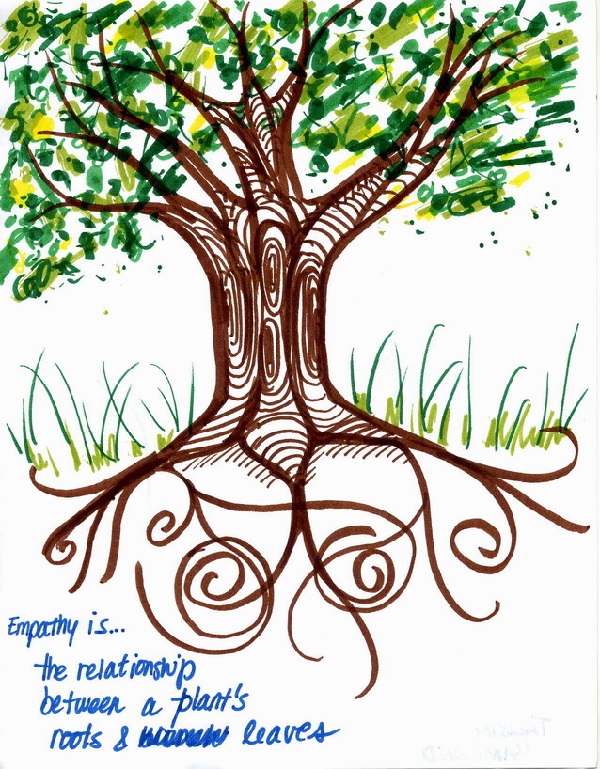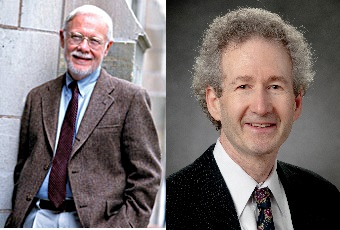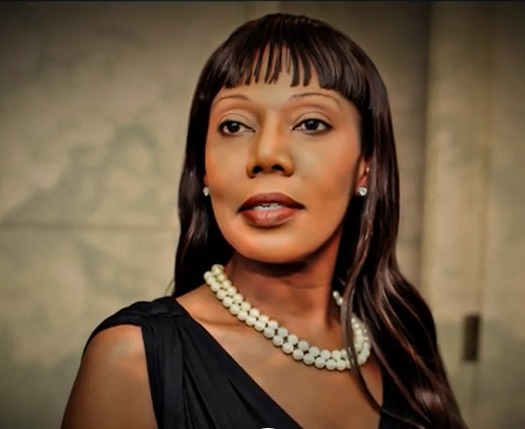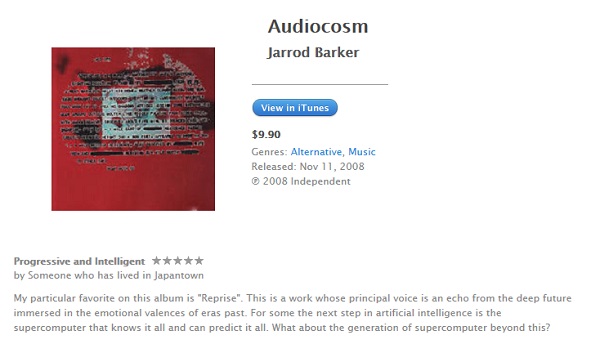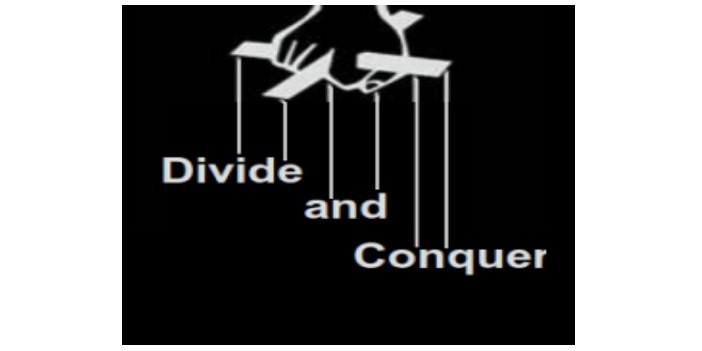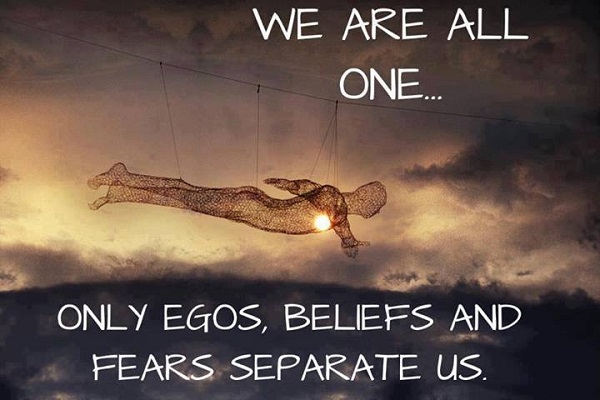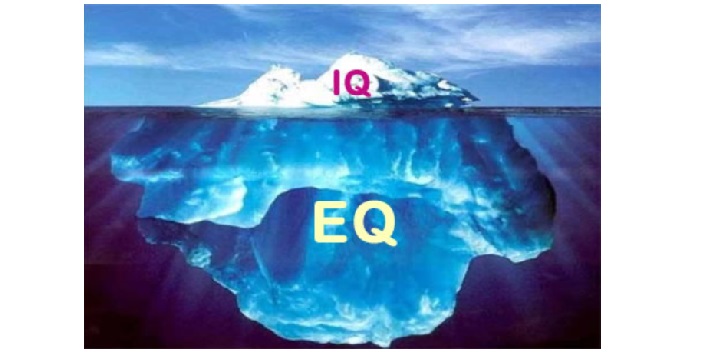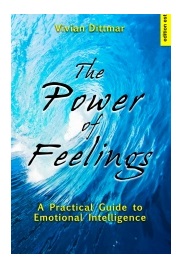The “D” word. Stressful right? When your divorce is finally final, how will you begin again?
The transition can be liberating for some, daunting for others. Mixed feelings – anger, relief, sadness, joy, fear and uncertainty – are common and may take time to sort out.
Meanwhile, the clock on your new life is ticking, and regardless of your emotions, it is time for a freedom-inspired relaunch, says Jacqueline Newman, a Manhattan-based divorce lawyer and author of Soon To Be Ex: A Guide to Your Perfect Divorce & Relaunch (www.Jacquelinenewman.com).

The divorce proceedings – all the time spent with your attorney and in court, all the hours burned while considering highly emotional and financial factors, from the impact on your children to the division of assets – put a big part of your life on hold, not to mention a major strain on it. And now with the difficult process over, Newman says, it is important to focus on creating a brand new you.
“The last umpteen months have been about your kids, your ex, and your divorce,” says Newman, “thus, a little ‘me’ time is in order. Here is an opportunity to be free from having to answer to anyone but yourself. So live your life to its fullest.”
Newman’s message is that divorce does not have to be the worst thing that could have happened to you.
There are silver linings as you begin to take control of what you can, and she offers three tips on how to relaunch after a divorce.
• Treat yourself. Right out of the divorce gate, buy something meaningful for yourself. Lose the guilt your ex made you feel for spending on clothes or expensive shoes. Your gift could be something symbolic and therapeutic that fires a shot back at your ex. “I would absolutely recommend you buy yourself a divorce present of some kind,” Newman says. “You deserve it. One woman I represented was constantly mocked by her husband during their marriage for being flat-chested. It is easy to guess what she bought as soon as her cash payment cleared.” 
• Embrace single hood. This does not mean you have to hug your first post-divorce dinner partner. It means embracing a new stage of discovery, with the different, interesting people you meet while dating becoming part of your growth. Newman recommends online dating as a way to “relearn how to date.” Many newly divorced people feel insecure about dating, but Newman suggests learning about people outside your comfort zone. And rather than trying to focus on finding Mr. or Mrs. Right, Newman says, “Give yourself some time to look around and meet different types of people. You may learn something that can broaden your perspective on life. If you can start seeing relationships not as the goal but as opportunities for growth, then you can start being more accepting with the outcome of each relationship.” 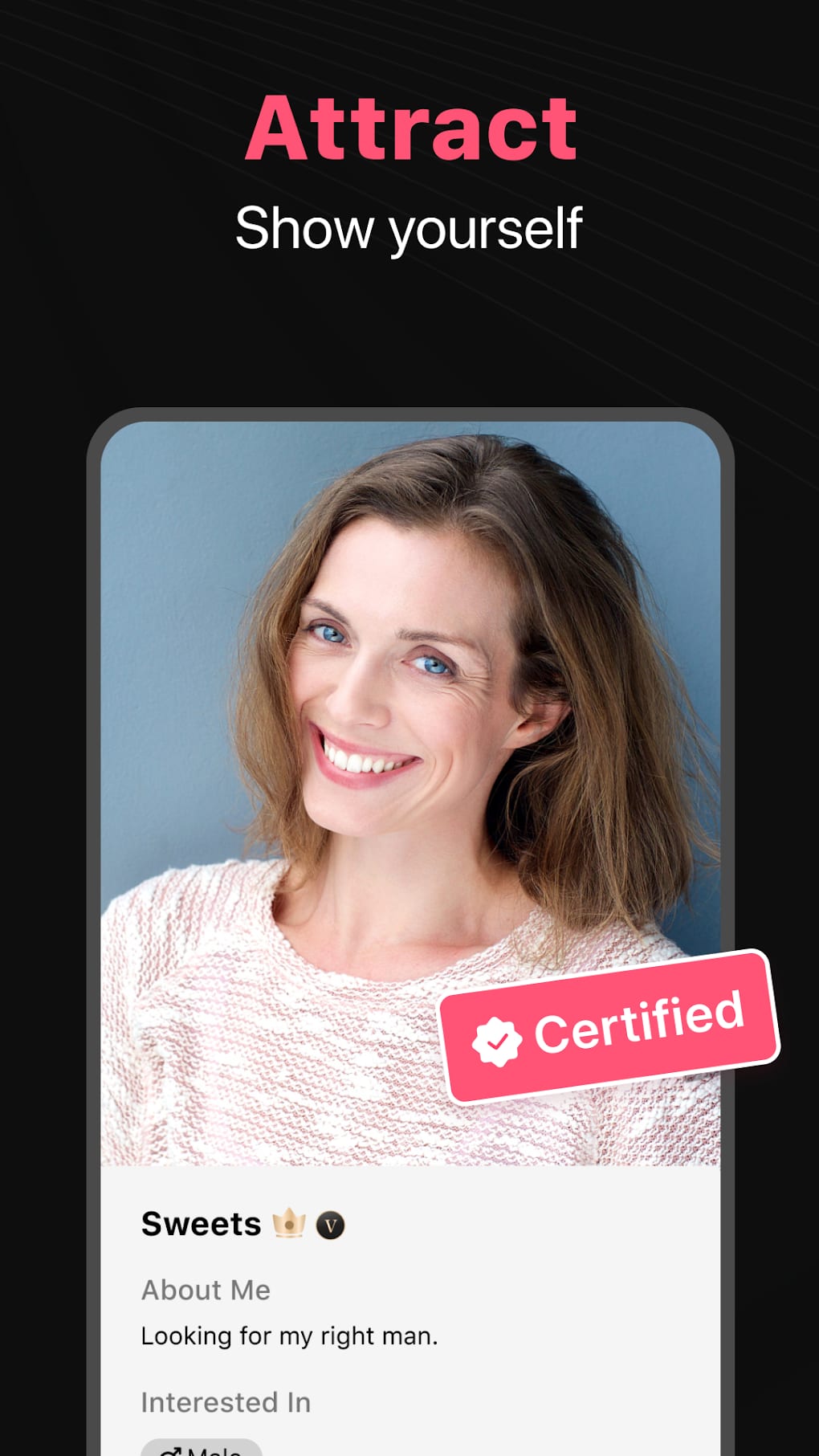
• Expand your freedom. Use your new windows of time to catch up with friends you have not seen. Newman recommends Facebook as an easy way to reconnect. On weekends when the ex has the kids, strengthen your friendship circle and broaden it. Explore and re-discover yourself. Pursue new hobbies or renew ones you did not have as much time for in marriage. Advance your career. “Your post-divorce life is offering you a chance to go after the promotion you have been dreaming about,” Newman says. 
By doing the things you long wanted to do, you can find the new you.
“You are free to be who you are without judgment from a spouse,” Newman says, “and to do whatever you want. Learn to love yourself.” For the Silo, Cathy K. Hayes.
Supplemental– Silo archives: break up jewelry

